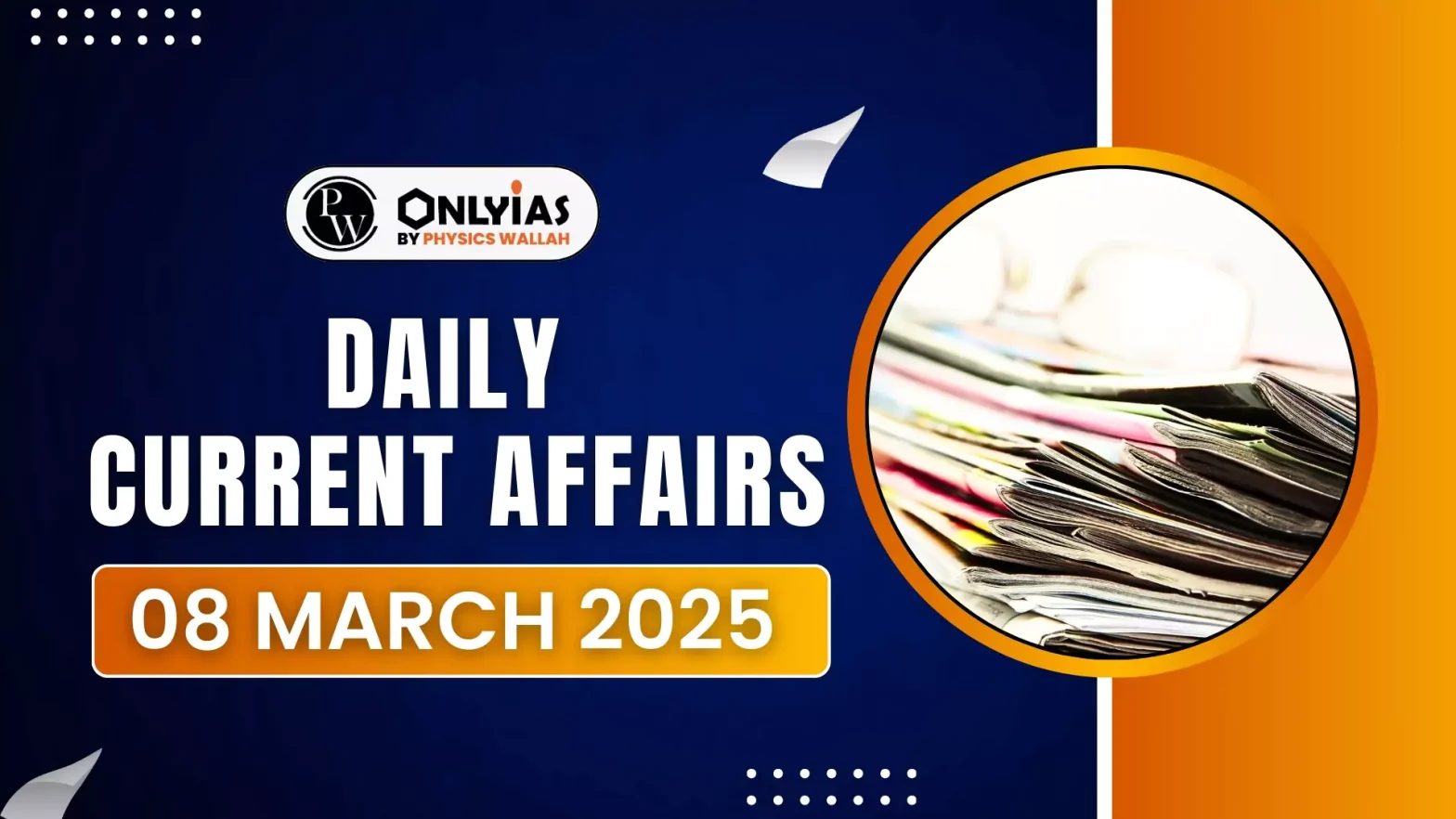The Anwar Ali Sarkar Case (1952) is a landmark Supreme Court ruling that established the reasonable classification test as a standard for interpreting Article 14 of the Indian Constitution.
About Reasonable Classification
- The Reasonable Classification is a legal doctrine established by the Supreme Court of India to determine when a law can deviate from the right to equality under Article 14 of the Constitution.
Article 14 of the Indian Constitution
- Provision: The State shall not deny equality before the law or the equal protection of the laws within the territory of India.
- Equality Before Law (Negative Concept)
- Ensures the absence of special privileges for any individual.
- No person is above the law, irrespective of their status, rank, or position.
- Everyone is subject to the ordinary law of the land and the jurisdiction of ordinary courts.
- Equal Protection of Laws (Positive Concept)
- Guarantees equal treatment in similar circumstances.
- Similar cases must be treated alike under the same legal provisions.
- Allows for reasonable classification, meaning different situations can be treated differently if there is a valid justification.
|
- It allows the state to create special provisions for specific groups if they are based on valid and justifiable criteria for policy reasons.
- The doctrine ensures that equal treatment is given to equals, but different treatment can be given to unequals.
Evolution of the Doctrine
- Narrow Interpretation (Initial Phase): Earlier, Article 14 was interpreted with a limited focus on classification as the primary test.
- Expanded Scope Over Time: Judicial interpretations evolved to extend Article 14 beyond classification to also cover protection against arbitrariness.
- Modern Judicial Approach: The Supreme Court now assesses both the classification and the fairness of the law itself, ensuring that laws are not arbitrary or unjust.
Twin Test for Reasonable Classification
- Intelligible Differentia: The law must classify people or situations based on clear and rational differences (e.g., economic status, occupation, or gender).
- Example: Special laws for vulnerable groups like women, children, or the economically weaker sections.
- Rational Nexus with the Law’s Objective: There must be a reasonable connection between the classification and the objective of the law.
Reasonable Classification Vs Class Legislation
- The doctrine differentiates between:
- Reasonable Classification (permissible): Guarantees equitable and just treatment based on real and substantial distinctions.
- Class Legislation (impermissible): Arbitrarily grants privileges to a specific group and is unconstitutional.
Judgements Related to Reasonable Classification Test
- State of West Bengal v. Anwar Ali Sarkar (1952): The Supreme Court struck down a law that provided special trials for certain individuals without a rational basis, holding that it violated Article 14.
- The ruling established the “reasonable classification” test, which allows for exceptions to
- equality under Article 14 under certain conditions.
- D.S. Nakara v. Union of India (1983): The classification of pensioners based on their retirement date was held unreasonable as it lacked a rational nexus with the objective.
- E.P. Royappa v. State of Tamil Nadu (1974): The Court introduced the concept of arbitrariness as a violation of Article 14, moving beyond mere classification.
- Maneka Gandhi v. Union of India (1978): Article 14 was interpreted broadly, stating that the classification should not be arbitrary and must satisfy the test of fairness and reasonableness.
|
Significance of the Test
- Supports Specific Regulations: Allows tailored laws for distinct societal conditions.
- Guides Lawmakers & Judiciary: Helps in interpreting statutes to avoid irrational outcomes.
- Legitimacy Testing: Ensures laws are rational and minimizes legal challenges.
- Judicial Review Standard: Helps courts review and nullify arbitrary administrative actions.
- Strengthens Legislative Accountability: Ensures that laws are made with clear objectives and logical reasoning, preventing misuse of state power.
Limitations of Reasonable Classification
- Risk of Unjustified Differentiation: Misapplication can lead to violations of fundamental rights.
- Subjectivity leading to Inconsistent Interpretations: Factors like age, gender, and strength may lead to inconsistent judicial interpretations.
Conclusion
The Reasonable Classification Doctrine and Test balances equality and fairness, allowing justified distinctions under Article 14. Judicial interpretations continue to refine it, ensuring laws remain just, rational, and non-arbitrary.
![]() 8 Mar 2025
8 Mar 2025
